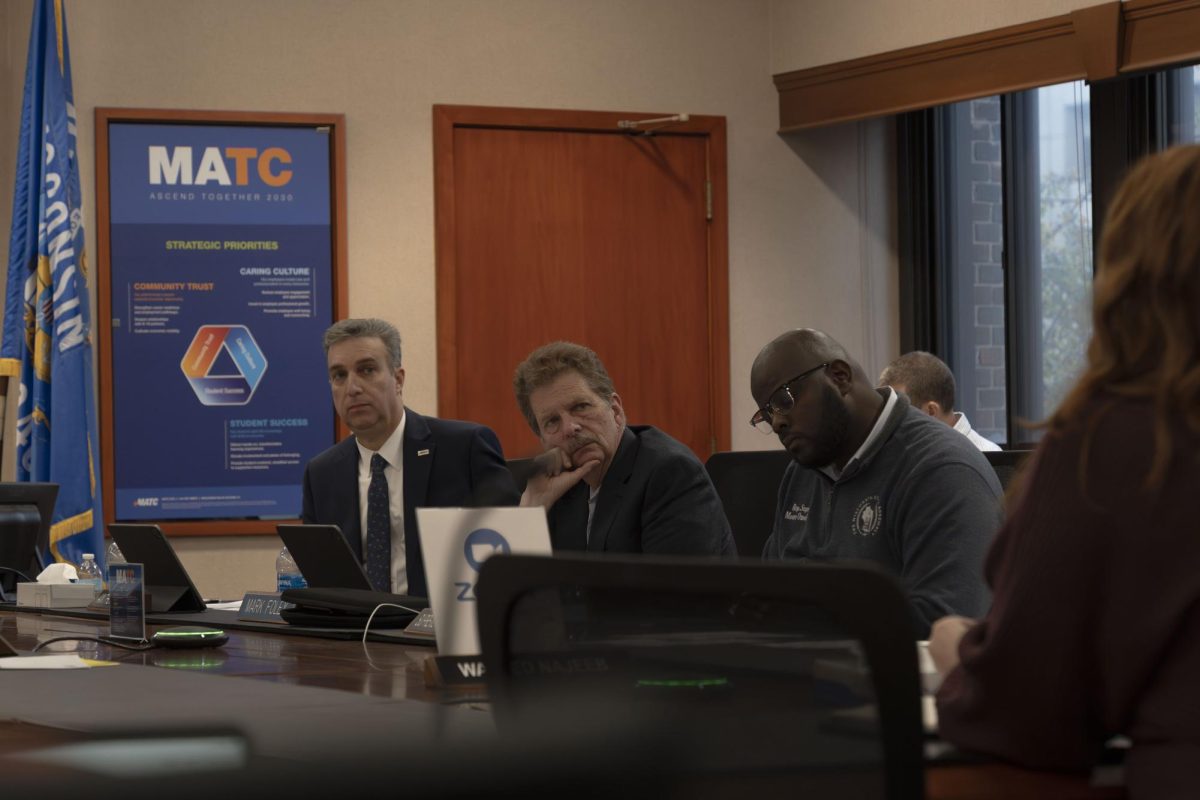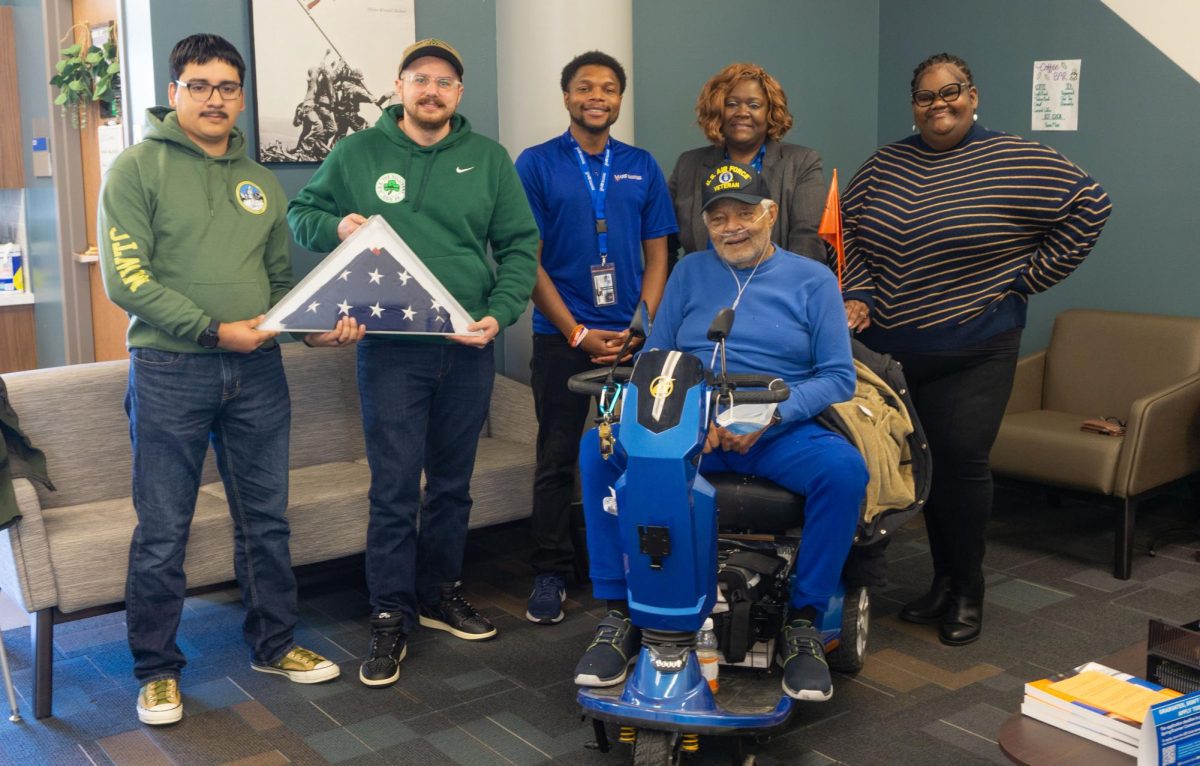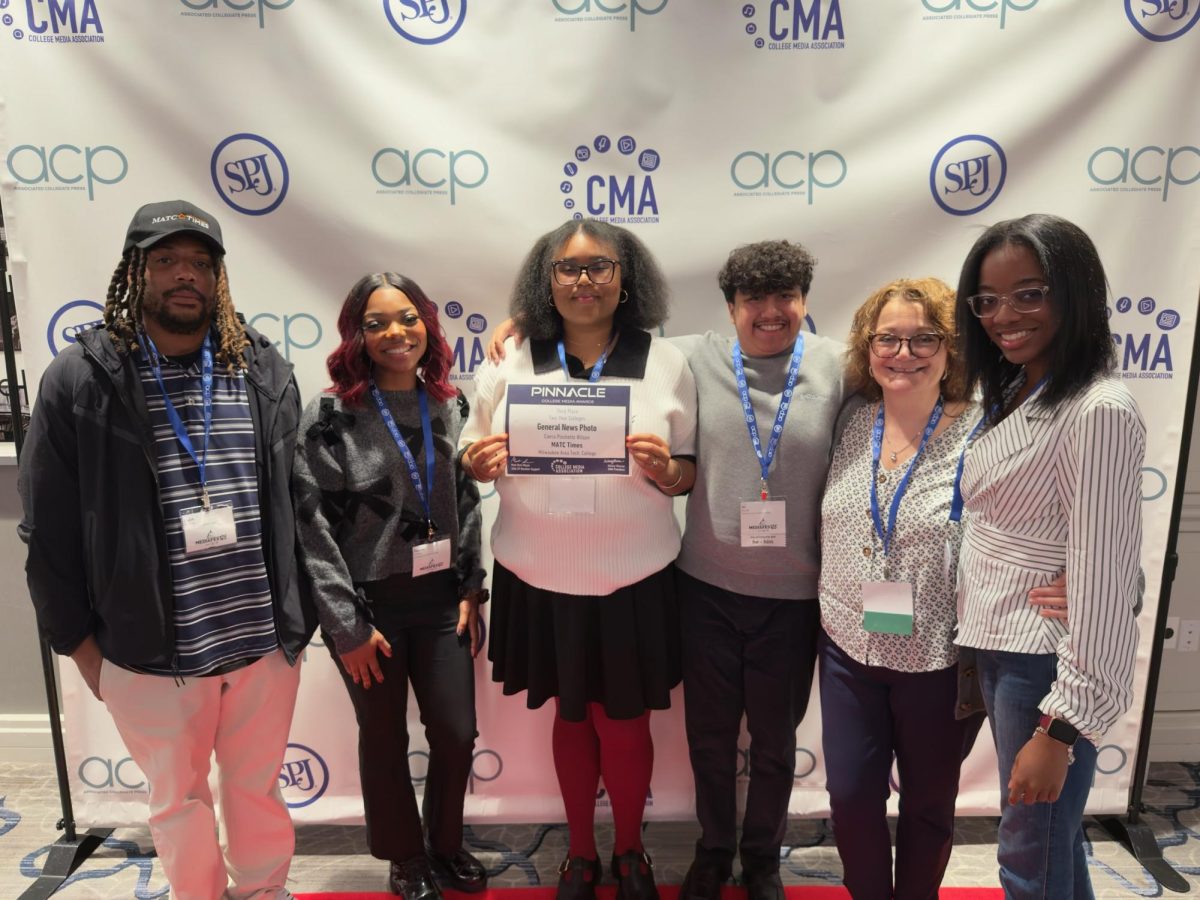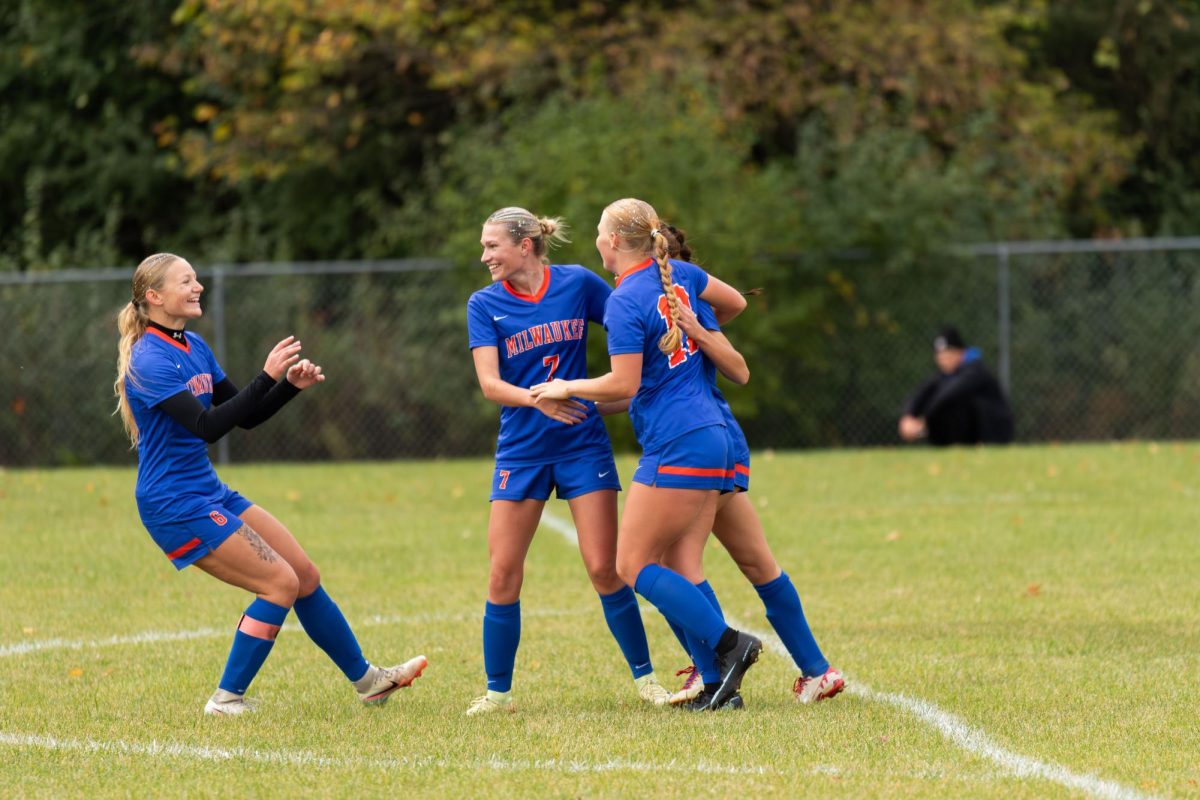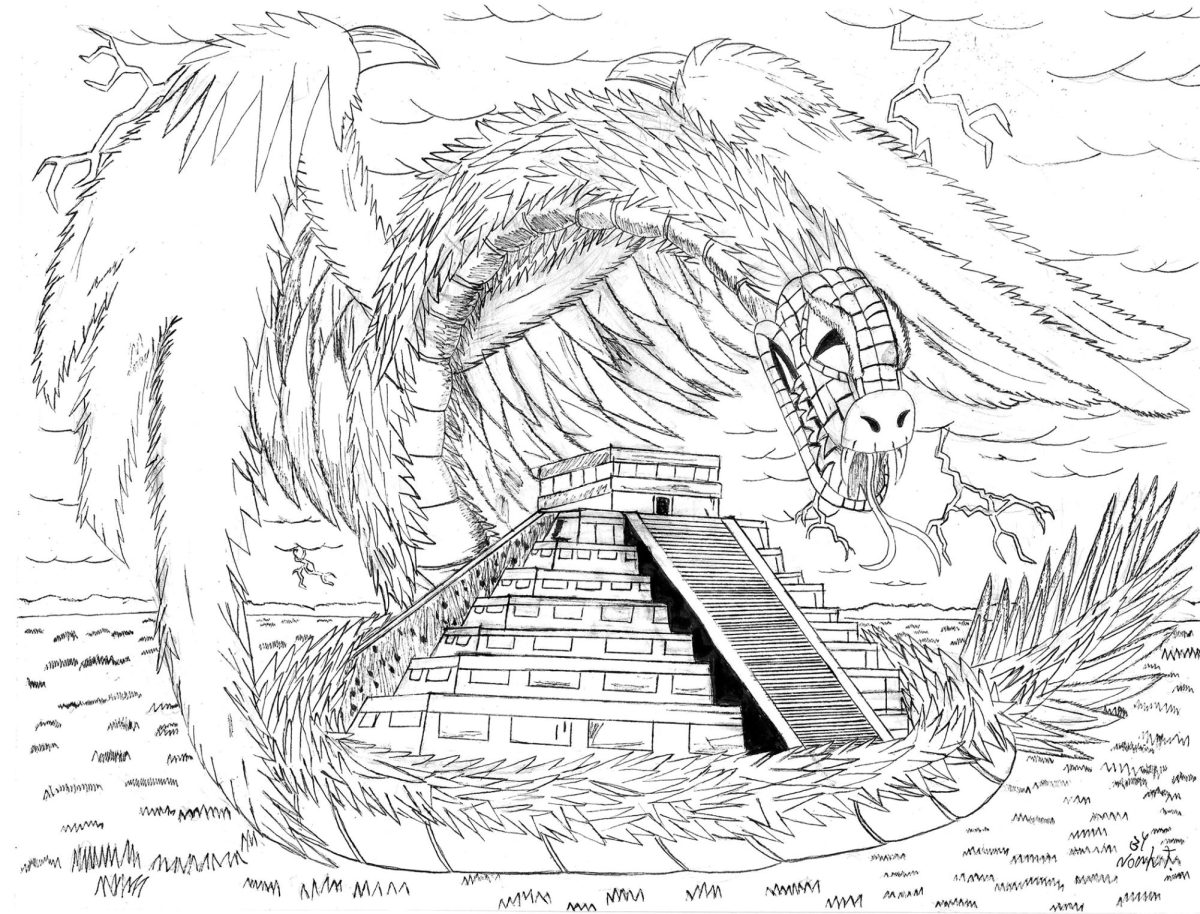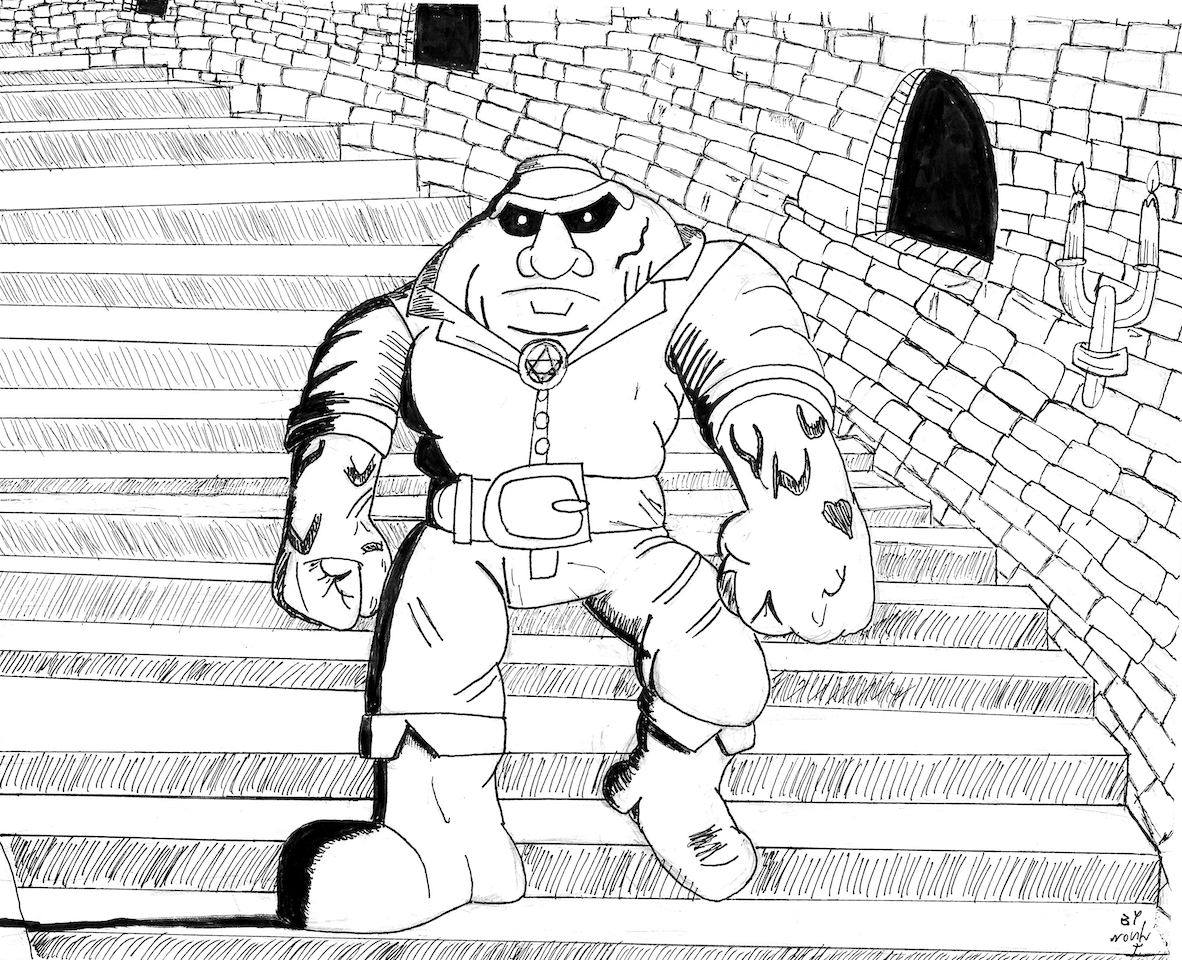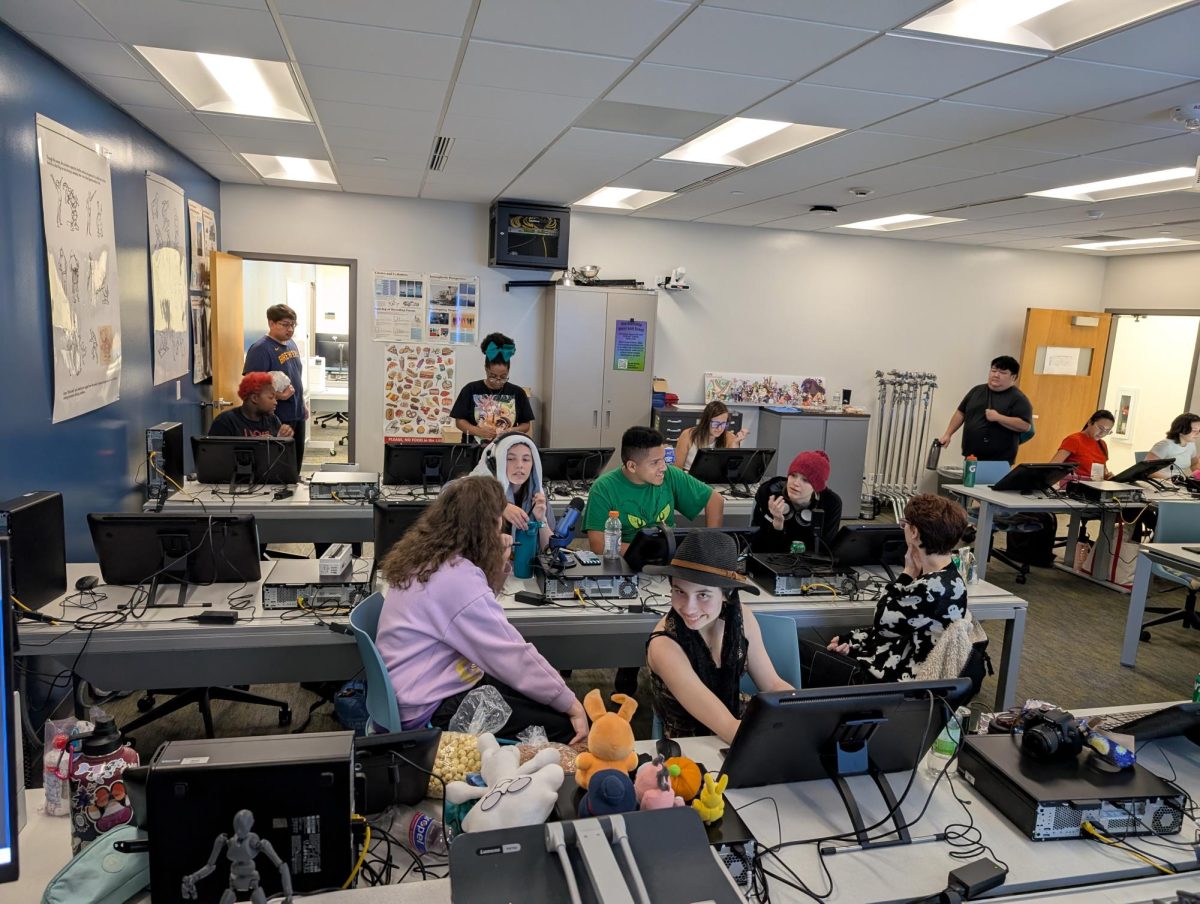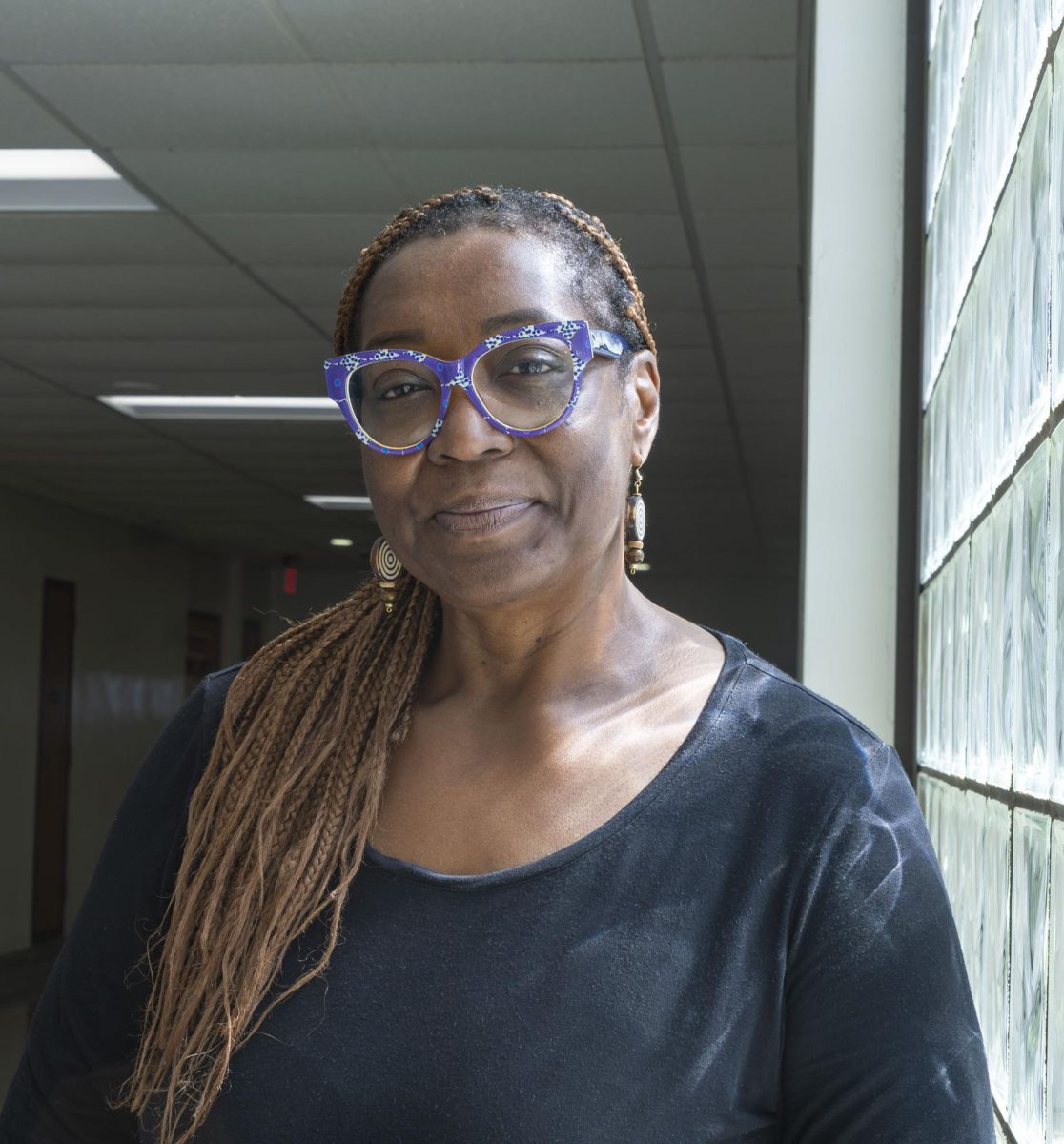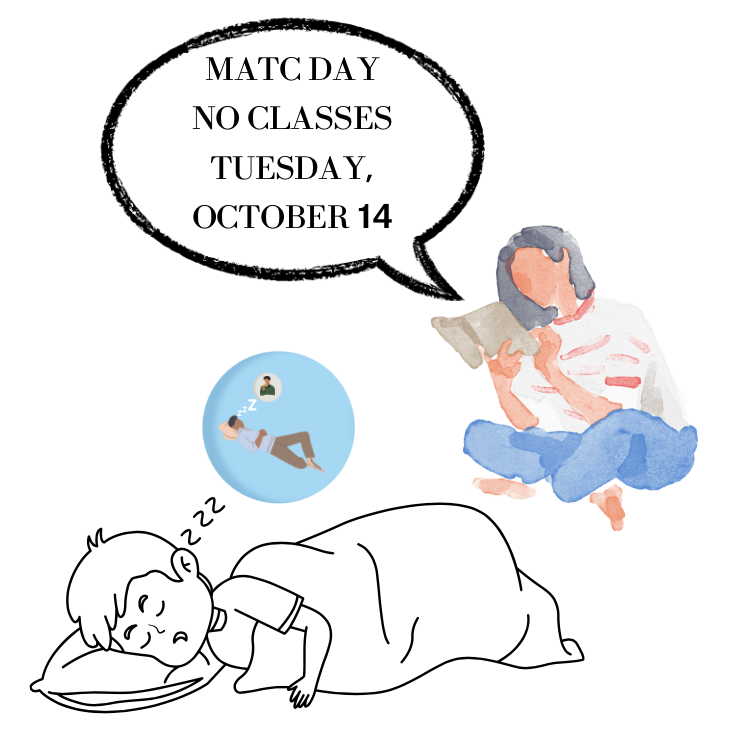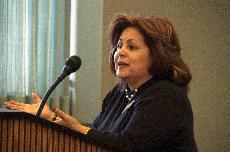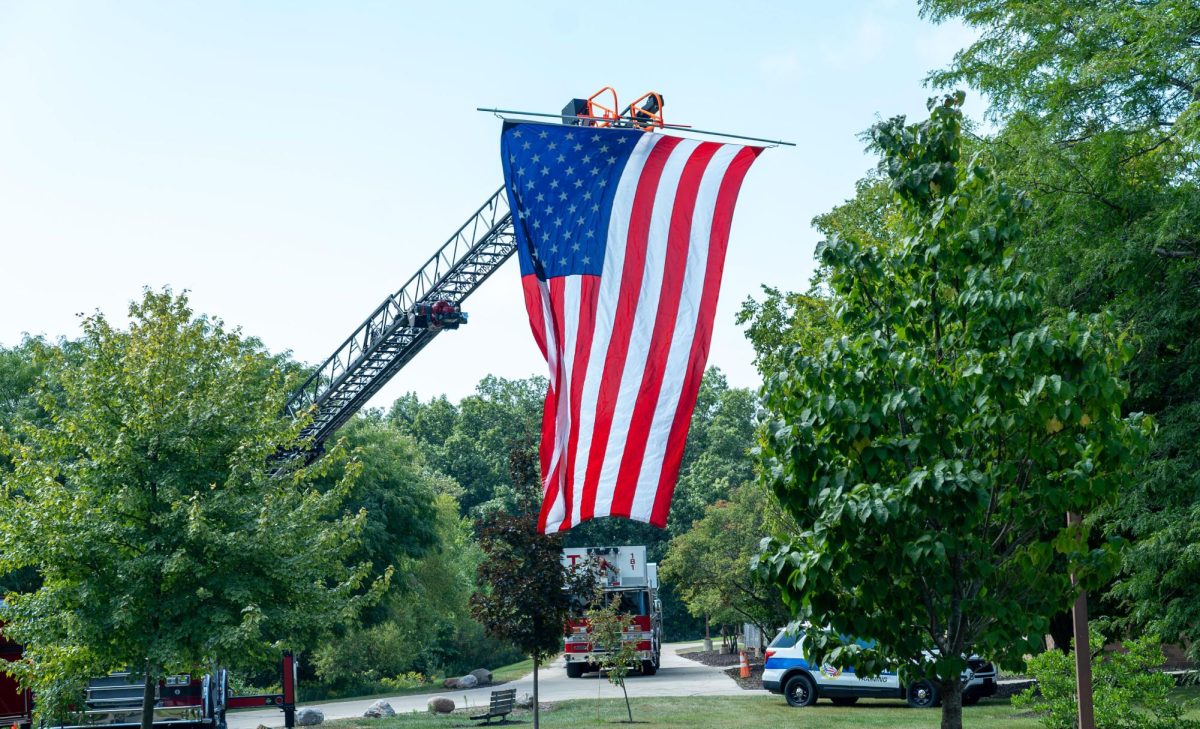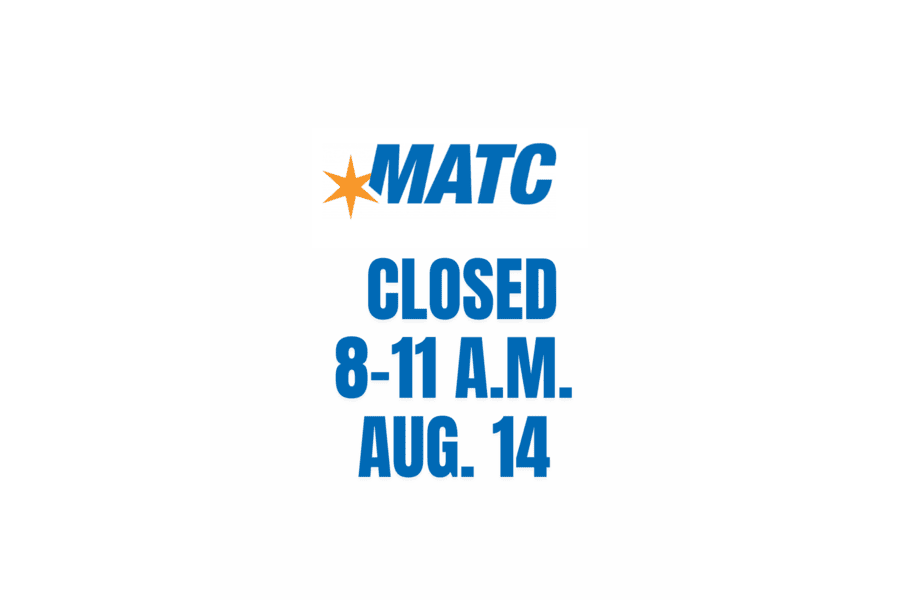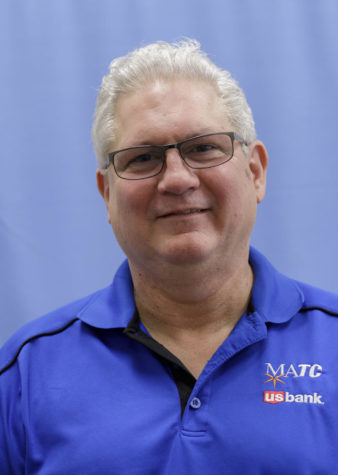Six years ago the U.S. invaded Iraq. Since then, almost 5,000 U.S. soldiers have died, more than 30,000 have been wounded, and 30 percent suffer from debilitating post traumatic stress disorder (PTSD). According to CNN, every day five U.S. soldiers take their own lives, overwhelmed by long deployments and difficulty adjusting to life outside of a war zone. Here at MATC, veterans of the wars in Iraq and Afghanistan are starting to arrive in our classes. For the first time in many years, we have an active MATC Veterans Club, which can help connect them with resources and provide support.
On March 19, veterans had an opportunity to come together with other students and with faculty and staff to tell their stories. “Postcards from the Front: The Impact of the War on Our Community” provided a forum for veterans and military family members to share their experiences of war, and the difficult and often painful transition to civilian life.
Vera Roddy, Mental Health Technician, and Air Force veteran of Desert Storm/Desert Shield, talked about special problems faced by women veterans.
Women will soon make up more than 10 percent of veterans and 20 percent of new recruits. Like their male counterparts, they face medical, employment and housing issues. Many have dependent children and two percent are homeless. The economic crisis only makes their situation more desperate.
At the urging of Vera Roddy and Tracy Sperko, another Gulf War veteran, Sen. Russ Feingold has secured funding to support the expansion of women veterans’ health care services.
Rebecca Quesada of the MATC Multicultural staff is a military family member whose daughter recently returned from an Air Force deployment in Dubai. At first, she feared for her daughter’s safety, but her daughter assured her that she was in a safe place. The aircraft she serviced cost $10-20 million each, and she knew the Air Force would protect its most valuable assets.
But why, she wondered, were the planes worth more than the lives of the men and women who serve their country? And how could that money be better spent to improve people’s lives here at home?
Maurice Sprewer is an Air Force veteran and member of the MATC Veterans Club. He is a Wargin Memorial Scholarship recipient, pursuing a degree in
IT Computer Support. Despite medical problems, he remains dedicated to his studies and committed to his work with veterans.
He was fortunate to have left the service right before the Iraq War, but his cousin was not so lucky. He serves in Afghanistan, and struggles to stay alive in an environment where the mission and the enemy aren’t well-defined.
These are just some of the human costs of the wars in Iraq and Afghanistan. The women and men who serve in our military are already stretched thin. Iraq may be winding down, but in Afghanistan there’s no end in sight.
Whatever our views six years ago, we can all agree that we want the wars to end. We want our country’s resources spent on human needs.
Veterans deserve full benefits, including education, healthcare, jobs and housing. That’s the least we can do for the women and men who have risked their lives, and sacrificed so much. We can never repay the debt we owe them.
Maurice Sprewer summed it up with a quote from poet and social activist Gil Scott-Heron: “Ask them what they are fighting for and they will never mention the economics of war.” Then he added: “Bring our troops HOME!

Members of the audience listened attentively to information for veterans regarding mental health and effects on the community from the Iraq War. (Bob Hanson)

